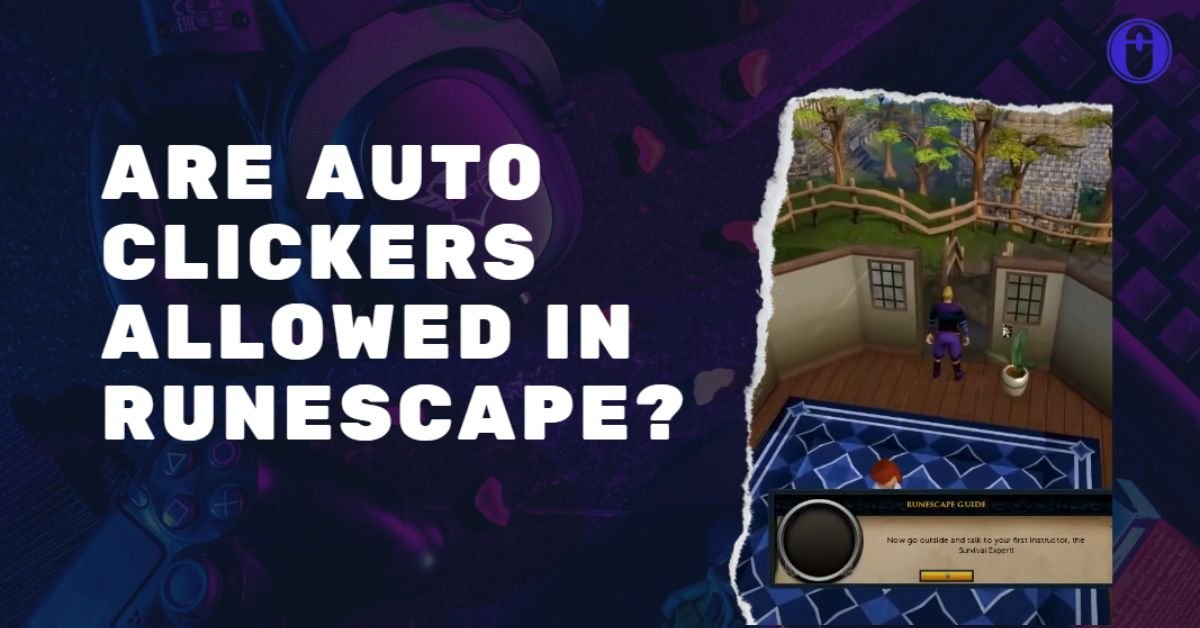Improve Your Gaming Skills Now! There is always a new world of games, and the goal for gamers like you is to master it. People want to do their best in different kinds of games. Some are shooting games with lots of action, some are MOBAs with a lot of strategy, and some are role-playing games with an interesting plot. So, don’t worry—this whole book is meant to help you. It has all the tips and methods that professionals use to help you reach your full potential and beat the competition. Would you like to get better at games and win all the prizes? Let’s start right away!
Mastering the Game
You have to know how to play a game and all of its rules before you can get good at it. You need to know more than the surface. You need to know every little thing about the game to play it well.
Read guides, tips, and other things to learn how to play the game and figure out its goals, rules, and big-picture tactics. If you learn how to play the game, it will be easier for you to deal with problems and choose the right thing to do.
Practice to Improve Your Gaming Skills
Practice is key to improving anything. Making time for frequent practice will help you develop and learn new moves. To improve at any game—shooters (to enhance aim and skill), strategy games (to better manage resources), or role-playing games (to construct characters), you must practice often. Daily or weekly game time is crucial to improving. Keep in mind that expertise takes time and focused effort.
Set Your Goals and Track Progress
- Set goals to help you stay on track and motivated.
- Set specific, attainable goals that are in line with your aims and ability level.
- Reaching a certain competitive rank, increasing your win rate, or mastering a specific gaming mechanic are all possible examples.
- Break down overarching goals into smaller, more attainable tasks to improve focus and progress tracking.
- Keep a record of your progress throughout time to stay motivated and on course.
- Recognize and celebrate each milestone you’ve reached.
- Maintain your flexibility and adaptability, and be open to reassessing your goals as you grow and perfect your talents.
Study High-Level Gameplay
A tried-and-true way to improve your game skills is to watch the pros do it. Find gameplay videos, tutorials, and analyses from the best players in the game or genre you want to learn more about and study how they make decisions and what techniques they use.
Watch their movements, where they stand, and how they time their actions. Also, think about how they handle different tasks and situations. Look for ways to use their tips and strategies in your own game, making changes and improving them to fit the way you play and the games you like.
Experiment and Adapt
Everything changes all the time in games, so what works one day might not work the next. You can learn more about your game and find new ways to play by looking at new things.
Attempt a fresh activity, even if it seems odd or dangerous at first. Don’t be afraid to leave your current situation. What your teacher, friends, and other players say is important. What you do as a gamer changes with the times. Readily adapt to the game’s changes.
Develop Mental and Physical Skills
Many computer games check how fast you can move and how well you can keep your eyes and hands together. To do well, you also need to be able to think straight and fast. Don’t play the same strategy, brain teaser, or quiz games all the time.
They will help you think more easily and keep your mind sharp. You take better care of your body when you work out, eat right, and sleep enough. To do better in games, pay attention, move faster, and do this. Before you play hard games, take care of your body and mind. Pay attention to this and calm down.
Join Communities and Seek Feedback

The social element of gaming is one of its key features which allows you to communicate with others and learn, grow, and make new friends. Join online communities, social media groups, and forums dedicated to popular games and genres you are interested in.
Participate in talks, share your opinion, and turn to skilled players for assistance. Don’t hesitate to get an opinion from your friends and let your mentors give you feedback on how you are playing.
It usually happens that we find ways to do better by others’ criticism. Having in your team a group of gamers to assist you gives you a chance to learn new things, see things from different views, and get support on your way to mastery.
Practice Mindfulness and Avoid Burnout
To become better at it, first, you need to focus on self-care and avoid stress. Dedication and persistence are virtues, but sometimes they need to be combined with attentiveness and moderation so people don’t feel burnout and lack motivation after a while.
Pay attention to your mind and body, rest, and recover when needed. Do other stuff apart from gaming like socializing with family and friends, following hobbies, or just relaxing by having close contact with nature.
Keep in mind that the main purpose of gaming is to have fun and enjoy, so make sure not to let the desire for personal improvement take away from the thrilling and joyful experience of playing.
Also Read: What Makes Minecraft Such a Popular Game?
Final Words
You have to be committed, persistent, and student enough to learn and change if you want to improve your gaming skills. Get accustomed to the game’s rules, set yourself some goals, practice as much as you can, watch professional matches, experiment with new tactics, develop yourself both physically and mentally, join a gaming group, and make sure to leave some time for yourself. You will be more successful and happy as a player if you do these things. Trust the process and take on the job. This will help you learn the game.
Frequently Asked Questions
Regular practice and experimenting with sensitivities help develop accuracy. Utilize aim training software and analyze gameplay for improvement.
Engage in reflex-training exercises and play fast-paced games. Minimize distractions, anticipate opponent moves, and consider using low input lag peripherals.
Analyze gameplay, study top players’ strategies, and experiment with different playstyles. Stay updated on game changes and trust your instincts under pressure.
Effective communication, adaptability, and understanding of roles are key. Practice coordination, offer, and receive feedback for a positive team dynamic.
Share



